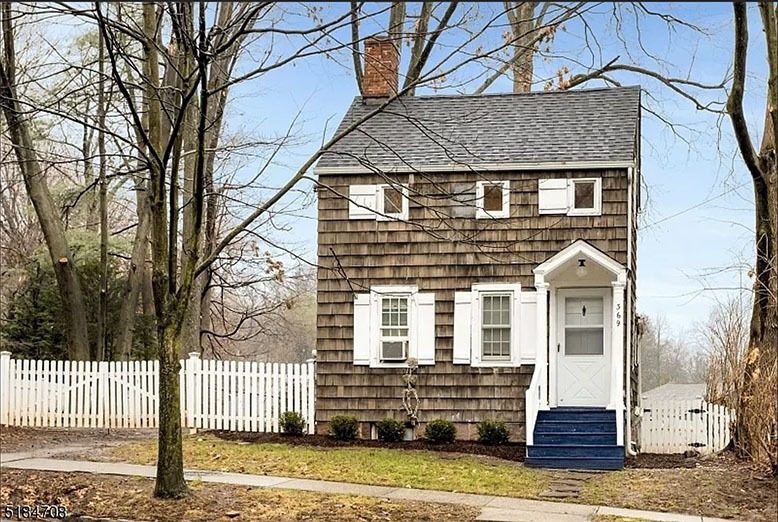
In 1831, James Howe was deeded 6 acres and a small house on Claremont Avenue in Montclair. That house still stands. For many years, the worn clapboard house was known locally as the slave house. James Howe was owned by Nathaniel Crane. A member of one of the town’s founding families, Crane left the property to Howe (rumored to be his son) upon his death.
American slavery began in 1619 and eventually spread to all 13 colonies. By the late 1700s, Garden State neighbors like Pennsylvania, New Hampshire and Massachusetts, followed 20 years later by New York, began adopting policies to abolish legal human bondage.
New Jersey, however, was slow to outlaw the practice and adopted brutal laws restricting rights, including reading, writing, and ownership of firearms and property, for the nearly 12,000 enslaved Africans who lived here at the turn of the 19th century.
After 185 years of slavery in New Jersey, in 1804 the state passed the Act for the Gradual Abolition of Slavery. The mandate required enslaved men born after July 4, 1804, to serve 25 years, and enslaved women, 20 years before manumission.
By the start of the Civil War in 1861, records indicate slavery in New Jersey had dwindled, but remained legal. In 1866, the state ratified the Thirteenth Amendment to the Constitution, making it the last Northern state to end slavery.
Today, historically significant properties like the Howe House bear witness to New Jersey’s past. The nonprofit Friends of Howe House (FHH) are seeking historic landmark status and recently rallied support to purchase the building. “We are forming a steering commitee and seeking community input to determine the next steps for Howe House,” says committee member Kimberly Latortue, adding turning it into a house museum is an option.
The town “prides itself on being the epitome of diversity,” says Aminah Toler, a Montclair native and founding member of FHH. “We want to ensure that the Howe House remains to tell the story of the African American history that shaped this town and this country.”
So you think you know Jersey? Check out our list of fascinating things you might not know about our state.
No one knows New Jersey like we do. Sign up for one of our free newsletters here. Want a print magazine mailed to you? Purchase an issue from our online store.
